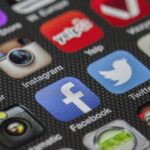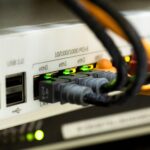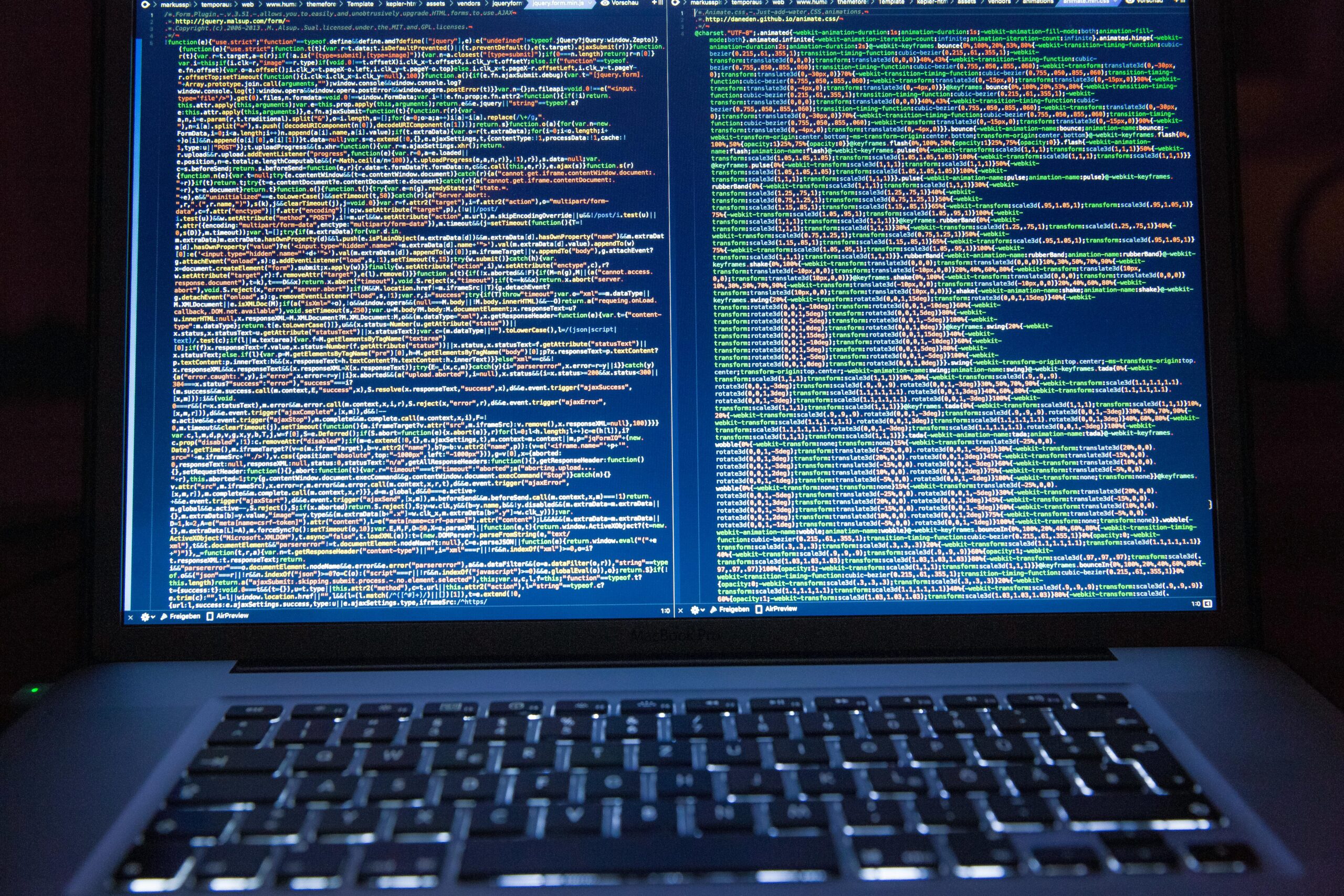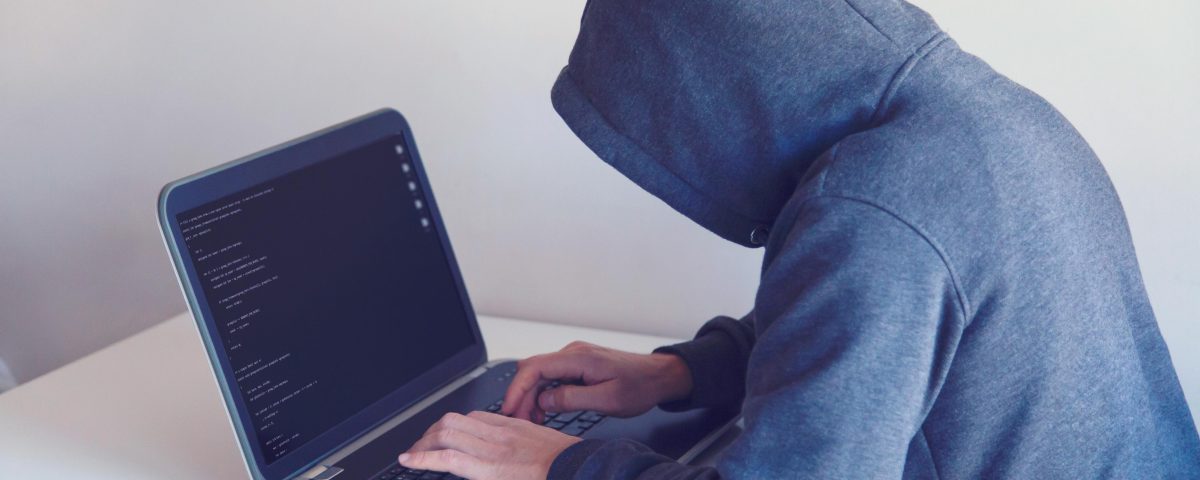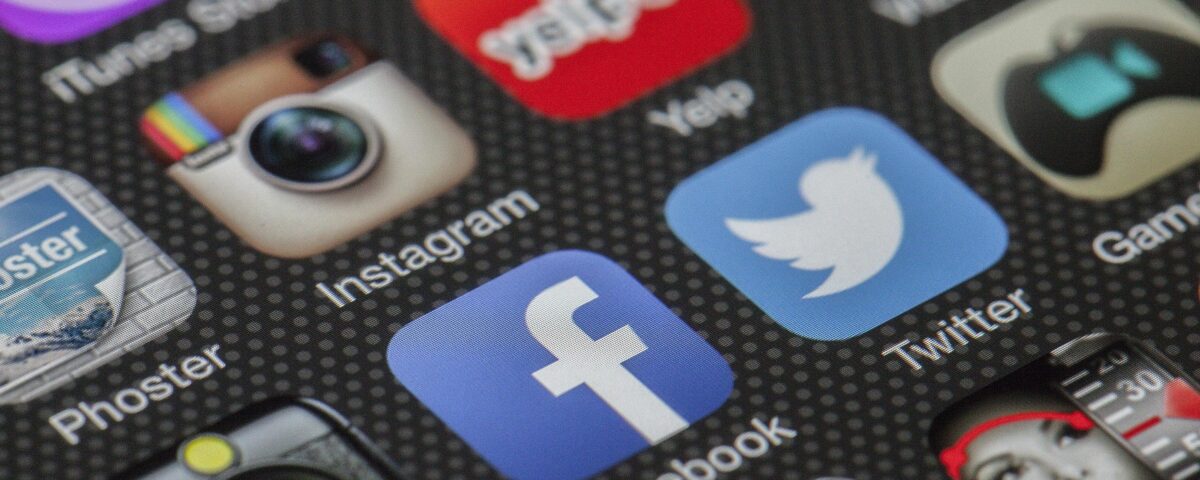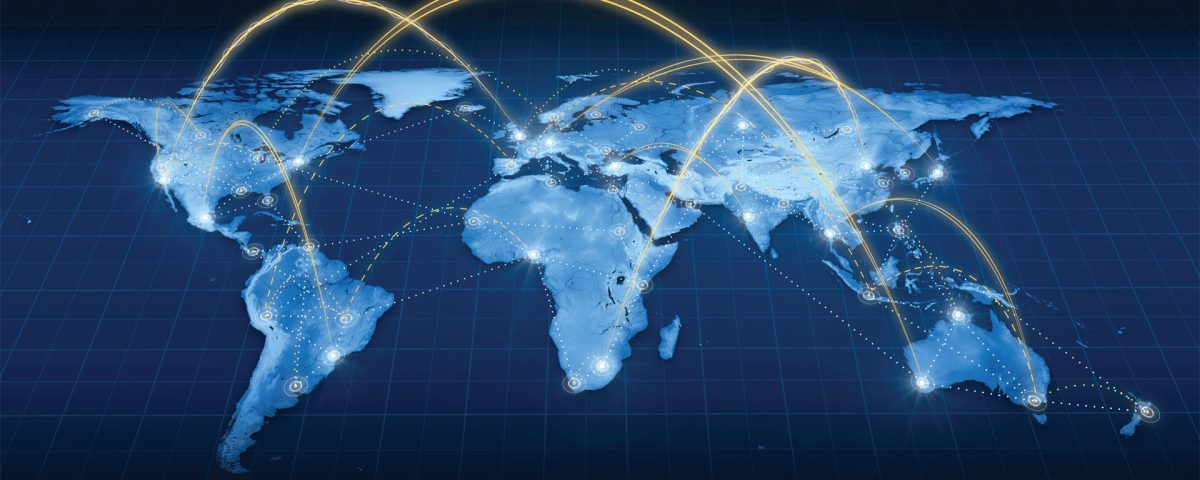Public Wi-Fi networks are convenient—you find them in coffee shops, airports, libraries, and hotels. But behind that convenience lurks a dangerous reality: public networks are open doors for hackers. If you’ve ever connected to free Wi-Fi without a second thought, your personal data may have been at risk. That’s where a VPN becomes your best line of defense.
The Hidden Dangers of Public Wi-Fi
When you connect to an open Wi-Fi network, your data flows through the air unprotected. Cybercriminals can use simple tools to intercept it, capturing everything from login credentials to payment information. Some even create fake Wi-Fi hotspots—networks that look legitimate but are actually traps designed to steal data.
Even on “secured” public Wi-Fi, you can’t always trust the network’s integrity. Hotel, café, and airport Wi-Fi networks are often shared by hundreds of people, and each new connection increases the risk of exposure.
How a VPN Protects You
A VPN acts as your personal security shield. When activated, it encrypts all your data, turning it into unreadable code before it leaves your device. Even if a hacker manages to intercept your signal, they’ll see nothing but scrambled text. Meanwhile, your IP address is hidden, preventing others on the same network from identifying or tracking your device.
For example, if you’re using public Wi-Fi to check emails, shop online, or log into social media, the VPN ensures every bit of that information stays private between you and the websites you visit.
The Freedom to Use Wi-Fi Anywhere
With a VPN, you can confidently use public Wi-Fi anywhere in the world. Whether you’re working remotely from a café or watching videos in an airport lounge, you no longer have to worry about who might be watching your traffic. That’s especially helpful for business travelers handling sensitive company data. A VPN guarantees your connection remains secure, no matter where you are.
Avoiding Rogue Hotspots
Cybercriminals often set up “evil twin” hotspots that mimic legitimate networks. For instance, a hacker could create a Wi-Fi network named “CoffeeShop_FreeWiFi” right next to the real one. If you connect to it accidentally, they can monitor your entire session. A VPN minimizes this risk because even if you connect to a malicious hotspot, your data stays encrypted and protected.
Safe Banking and Shopping on the Go
Public Wi-Fi is the worst place to handle financial transactions—unless you’re using a VPN. Without encryption, hackers can intercept payment details or credentials. But with a VPN, your sensitive data travels through a secure tunnel, keeping your online banking and shopping sessions private.
The Convenience Factor
Modern VPNs are incredibly user-friendly. Most apps automatically detect when you’re on public Wi-Fi and suggest enabling protection. Some even auto-connect to the safest server for you. It’s quick, effortless, and adds a crucial layer of security that no antivirus or firewall can replace.
Peace of Mind for Travelers and Professionals
Frequent travelers often rely on hotel or airport Wi-Fi, which is among the most targeted by cybercriminals. Journalists, freelancers, and business professionals who handle confidential information should never go online in public spaces without VPN protection. One careless connection can lead to data theft or account compromise. A VPN eliminates that risk.
Final Thoughts
The internet may be full of invisible dangers, but protecting yourself doesn’t have to be complicated. By using a VPN every time you connect to public Wi-Fi, you block hackers, hide your identity, and safeguard your digital life. Convenience should never come at the cost of security—and with a VPN, it doesn’t have to.

